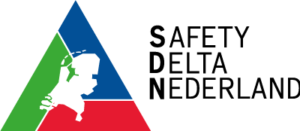5 December 2023 09:15
HT - Horizontal Monitoring
Safety Delta Netherlands - Expertise Network
Find, connect, renew in safety
Expertise Network Horizontal Monitoring
The Horizontal Supervision Expertise Network is a closed project group consisting of representatives of Brzo companies, industry associations, government policy, the competent authority and experts involved in VTH (licensing, supervision and enforcement).
To participate, you must log in with the username and password sent to you from this network.
Why Horizontal Monitoring ?
In the period October 2019 to July 2020, the "Exploration of innovative supervision"(Safety Deal: SVO180017) took place on behalf of the Steering Committee Sustainable Safety 2030. The topic was government supervision of Brzo companies in the (petro)chemical industry. A large number of initiatives have been produced by the government and industry in recent years, aimed at improving safety performance. Brzo supervision is an important focus of attention in that context. Brzo supervision is expected to contribute to internal and environmental safety performance. The study discusses whether government supervision of Brzo companies meets that expectation.
The survey reveals that in other supervisory domains, government supervision has changed considerably over the past two decades: from being predominantly vertical to increasingly horizontal (Vertical: supervised parties behave in a calculating manner. Horizontal: supervised persons recognize the importance of regulatory compliance). There is good reason for this change. Despite all vertical efforts, such as: more supervisory parties, more inspectors, better inspection methods and "state-of-the-art" inspection techniques (data analysis, drones, etc.), supervisees continue to commit violations, distrust between supervisees and supervisors grows, and increasingly unshakable deadlocks develop. It can be stated with great certainty that vertical government supervision does not lead to desired results in all cases. Brzo supervision is a clear example of vertical government supervision.
An increase in the number of "high performance" organizations in the field of internal and environmental safety, and companies handling hazardous materials belong to this category, requires a fundamental change in oversight policy. This change must take shape on the side of both companies and government. The current vertical policy does not lead to (more) pro-activity among the middle group or the laggards. As a result, the leading group remains small and cannot make a positive mark on the prevailing negative sentiment. Also, leaders are not encouraged in their ambition to excel because there is little to no alignment between the supervisory strategies of leaders and their supervisors. Rather than reinforcing each other, the parties work against each other.
For a change in current supervision policy, a change in the political and administrative climate in the domain of internal security and environmental security is needed. As a result of the current climate, the emphasis is primarily on vertical government supervision. The initiative for change will have to come primarily from industry. It must show that self-regulation and self-cleansing are (or have become) at a high level. Industry can do this by conducting pilots with horizontal government supervision, which should lead to further professionalization of internal supervision, increased support among external supervisors and a joint formulation of proposals for policy change. In return, external supervisors must give the pilots a chance to succeed by giving companies room to experiment, by participating with all inspection columns (Environmental Services, Dutch Labour Inspectorate, Safety Regions and Water Boards), and by guaranteeing the results of the pilots administratively and politically.

